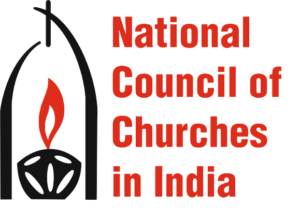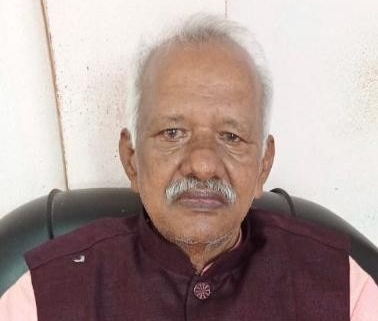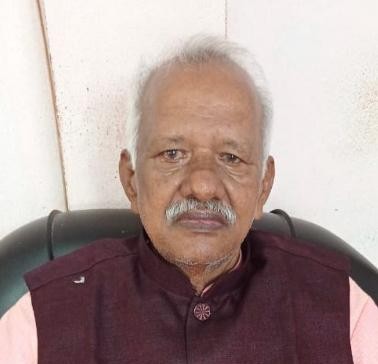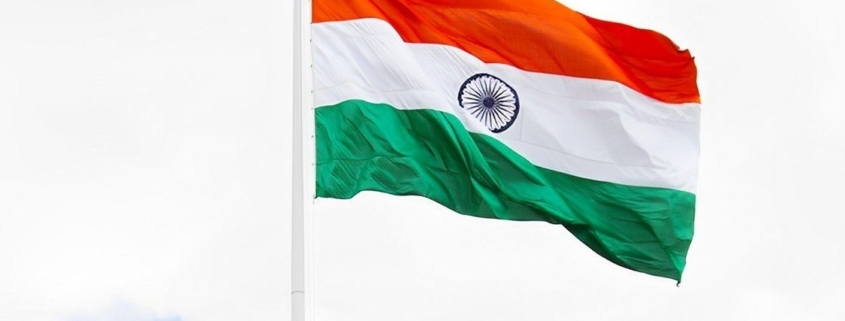Thank You, Hon’ble Prime Minister — Yet, a Call to Speak Up for the Christian community
The visit of the Hon’ble Prime Minister to the Cathedral Church of the Redemption, New Delhi, on Christmas Day —particularly at a time when attacks on Christians, places of worship, and traditional religious symbols have been reported – can be perceived as a reassuring signal to the Christian community. It can suggest that the Government of the day and the political leadership of the National Democratic Alliance-led Union Government stand with the Christian community of India.
While welcoming this gesture by the Hon’ble Prime Minister, the National Council of Churches in India (NCCI) places on record its repeated earnest appeal to the Government of India and its NDA allies to unequivocally distance themselves from acts of violence and intimidation perpetrated by ill-informed miscreants. The NCCI calls upon the Government to condemn such attacks on the Christian community in the strongest possible terms and to initiate suo motu and decisive police action against those responsible. Such steps alone will ensure that the goodwill gestures extended by the Hon’ble Prime Minister on Christmas Day, and by other representatives of the ruling dispensation on various other occasions, are seen as meaningful commitments rather than symbolic appearances.
The NCCI firmly believes that clear and strong statements, coupled with prompt action from the highest authorities of the Government, will send an unambiguous message within the country. At a time when India seeks to emerge as a strong and responsible global economic power, such actions will also reassure the international community that India stands resolutely by its constitutional values and will not allow any individual or group to act with impunity, regardless of political proximity or alignment.
The NCCI expresses its sincere gratitude to all individuals, communities, leaders, and representatives from various political parties and organisations who have stood in solidarity with the Christian community during these difficult times, especially amid the recent attacks around Christmas. We reaffirm the Christian community’s unwavering commitment to work alongside all citizens in building a strong and united India, resisting any attempt from any quarter to undermine the spirit of the nation or its cherished secular character.
Jai Hind. Long live India.
Rev. Asir Ebenezer
General Secretary
National Council of Churches in India (NCCI)









